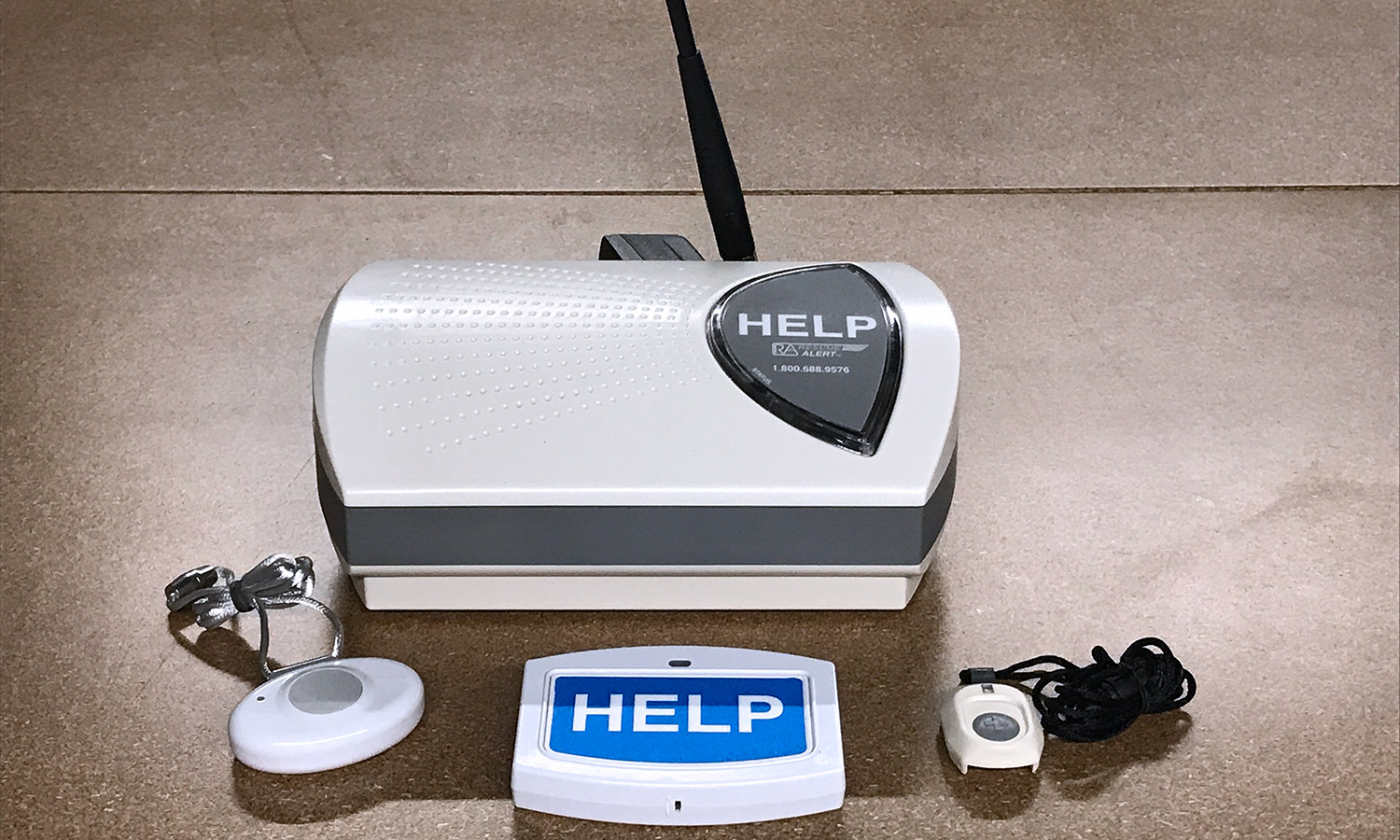TechRadar Verdict
Despite popularity, MXD by Rescue Alert suffers from distorted audio, unreliable fall detection, and slow, impersonal call center responses. Explore other options for a better experience.
Pros
- +
Loud speakerphone
- +
Excellent range
Cons
- -
Slow call response time
- -
Not value pricing
- -
Lack of support options
- -
Fall detection not reliable
Why you can trust TechRadar
Rescue Alert is a family-owned company headquartered in South Jordan, Utah. With over thirty years of experience, they have been setting industry standards through innovation and development of medical alarms and monitoring services. Their mission is to provide peace of mind and independence to seniors and their loved ones. In 1981, Richard Bangerter and others developed their first product, an emergency communication system called SOSTEN. It was a “smart,” stand-alone system that didn’t require monitoring and used existing telephone service lines.
In this Rescue Alert review, we examine the MyTrex MXD, a current home medical alert system manufactured by Rescue Alert for seniors and featuring cellular and landline options. Notably, many medical alert services utilize this system. As such, Rescue Alert and MobileHelp are the prominent manufacturers of medical alert systems in the US. However, we favor the MobileHelp CBS in-home system over Rescue Alert's MyTrex system due to its superior audio quality and pricing.
Rescue Alert: Medical alert systems
Rescue Alert offers a limited product range, featuring only the MXD in-home system and a mobile GPS medical alert system (presently out of stock). The MXD system stands out for its extensive history of usage, spanning decades, originally as a landline system and later adapting to cellular technology. A key advantage of the MXD is its powerful speaker, allowing for clear audio output. Furthermore, it seamlessly integrates with various telecommunication systems, including VoIP, cable, and cellular adapters, enhancing its versatility and compatibility.
Among the devices we tested, the MXD had the highest volume. It can produce impressive sound, ensuring that your elderly loved one can hear the emergency operator even from a distance of multiple rooms. However, the speakers' quality can be compromised due to the high volume. While the audio was generally excellent, there were instances of distortion.
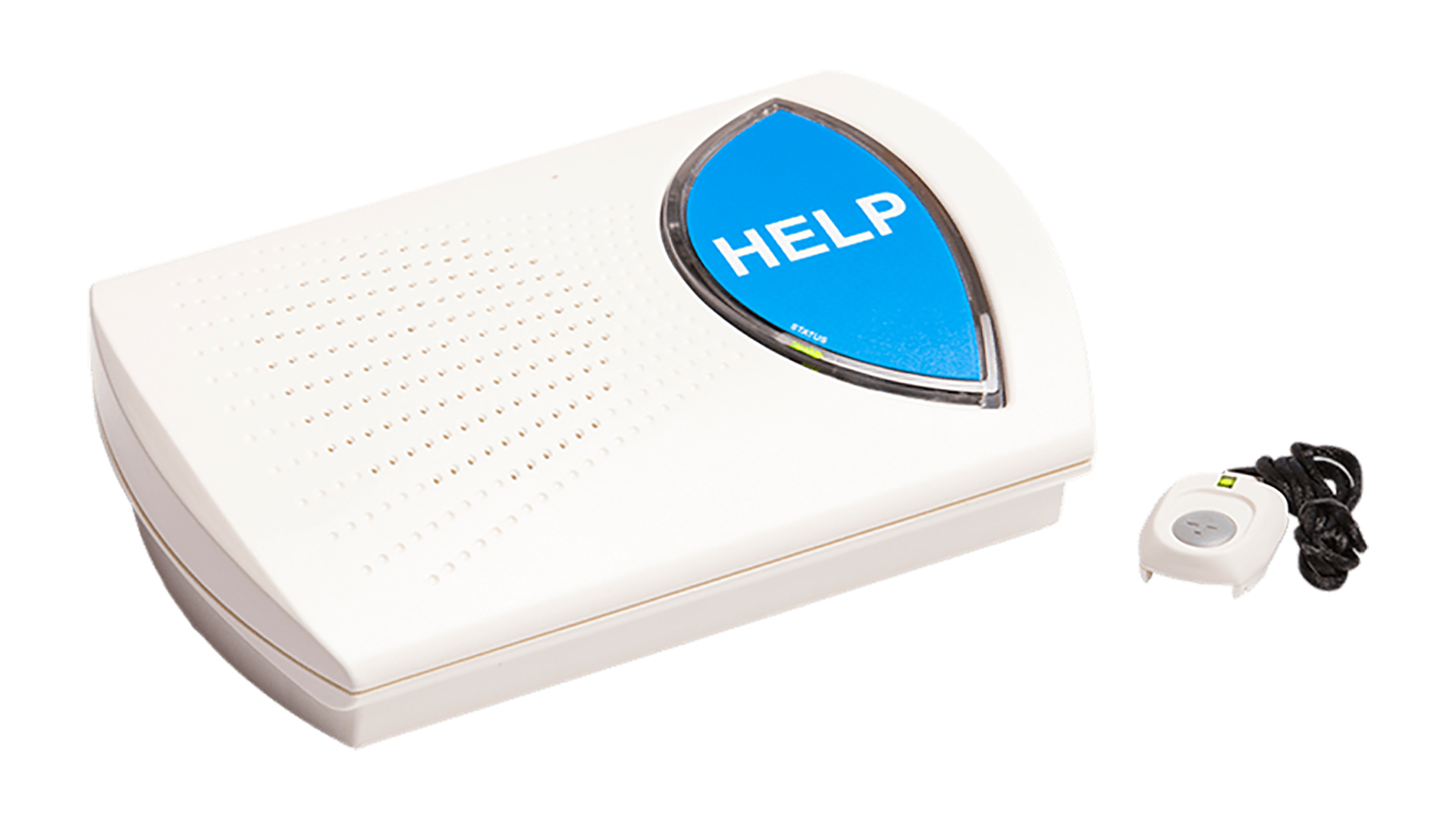
When the volume of a medical alert system's speaker exceeds its limits, it can cause distortion, making it difficult to have a clear conversation. This is particularly concerning during emergencies when clear communication is essential. Since medical alert systems are often returned and repackaged for new customers, there is a risk of receiving an old system with worn-out speakers. If the speakers sound poor during test calls it's advisable to return the device and request a new one for better sound quality and reliability.
While Rescue Alert offers the myActive Alert fall detection pendant, our evaluation found it somewhat unreliable. In our tests, the myActive Alert consistently failed to detect falls, even when dropped forcefully. While this wasn't unique among the pendants we tested, as many struggled with sensitivity, it highlights ongoing challenges in this technology's reliability. It appears fall detection pendants still need significant improvement before offering truly dependable results.
Rescue Alert: Emergency response center
In our tests, the emergency call response time for Rescue Alert fell short of the average. Although they were not the slowest to respond (three other services had longer average response times), Rescue Alert was six times slower than GreatCall, which averaged approximately 15 seconds per call.
Sign up to the TechRadar Pro newsletter to get all the top news, opinion, features and guidance your business needs to succeed!
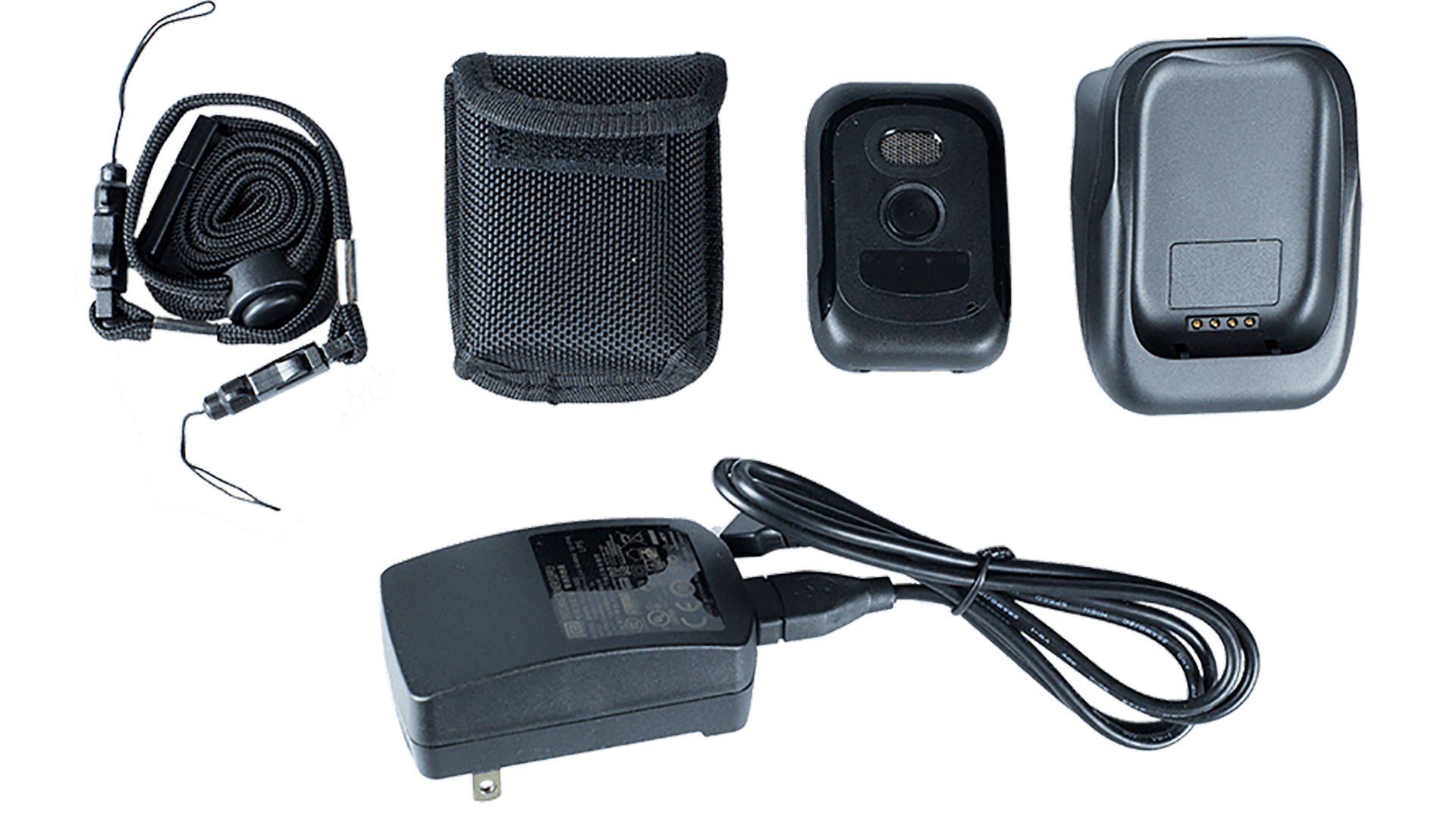
The quality of the calls left much to be desired. Each call began by immediately assuming it was an emergency and asking for the address. This approach heightened the anxiety of seniors who were already hesitant to press the help button. To mitigate this issue, it would be better to have an emergency response call that is composed, reassuring, and sincere. Additionally, since we recommend seniors test their medical alert system weekly, the operators should always ask to confirm our identity and address. In some instances, the operators seemed eager to end the call once they learned it was a test, without taking the time to ensure we were okay and not in need of assistance.
Rescue Alert has been around for nearly forty years, making them one of the first medical alert services to hit the market. And as a manufacturer of medical alert systems, they have a big impact on the rest of the industry. We like that they aren’t aggressive with their marketing and they are transparent about their pricing structure and product information.
Rescue Alert: Cost comparison
In comparison to MobileHelp, Rescue Alert's medical alert systems tend to be slightly more expensive. For instance, their landline system starts at $32.95 monthly, while Medical Care Alert provides the same system for $29.95. While Rescue Alert's price drops to a competitive $29.95 per month with quarterly payments, the initial outlay of $89.85 for three months may not be feasible for seniors on a fixed income.
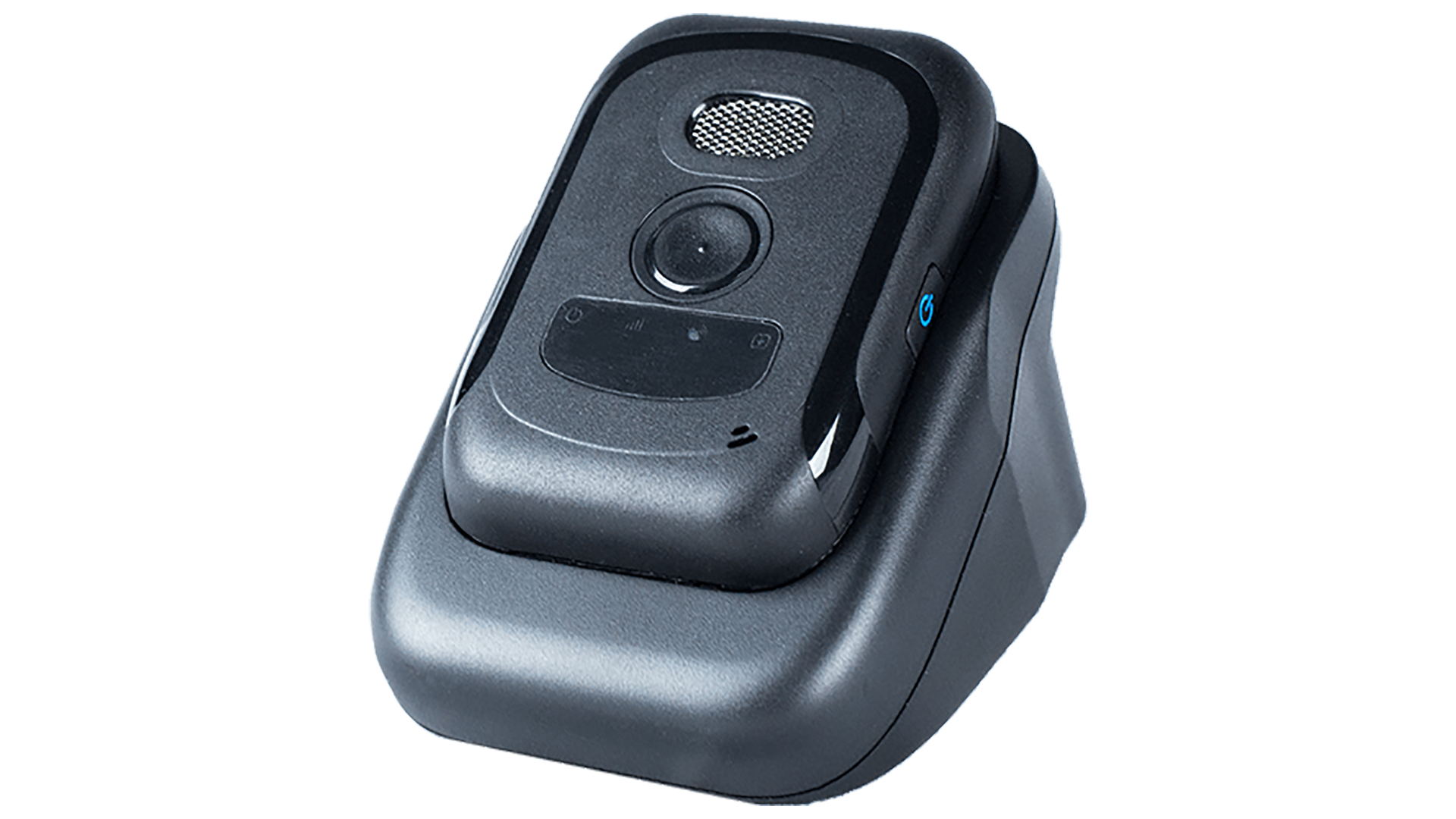
Moreover, Rescue Alert's mobile medical alert system, the Rescue Alert GPS, costs around $45 per month, increasing to $54 with fall detection. These prices are comparable to other services, but GreatCall offers a more advanced mobile GPS medical alert system with a faster call response time for $25 per month.
Rescue Alert: Support
We get a little nervous when we easily find the contact info for the sales department, but not for the service; unfortunately this is the case with Rescue Alert. We find a number designated for sales, but the other just says “Toll free,” which we hope handles the support needs. Similarly there is a direct email that is info@rescuealert.com, which appears more promising for finding out about the product than using it. We did not find a chat, or a support portal.
We also did not find any self help support, so there was no forum, no guides, a FAQ, or how to videos, which is disappointing compared to competitors.
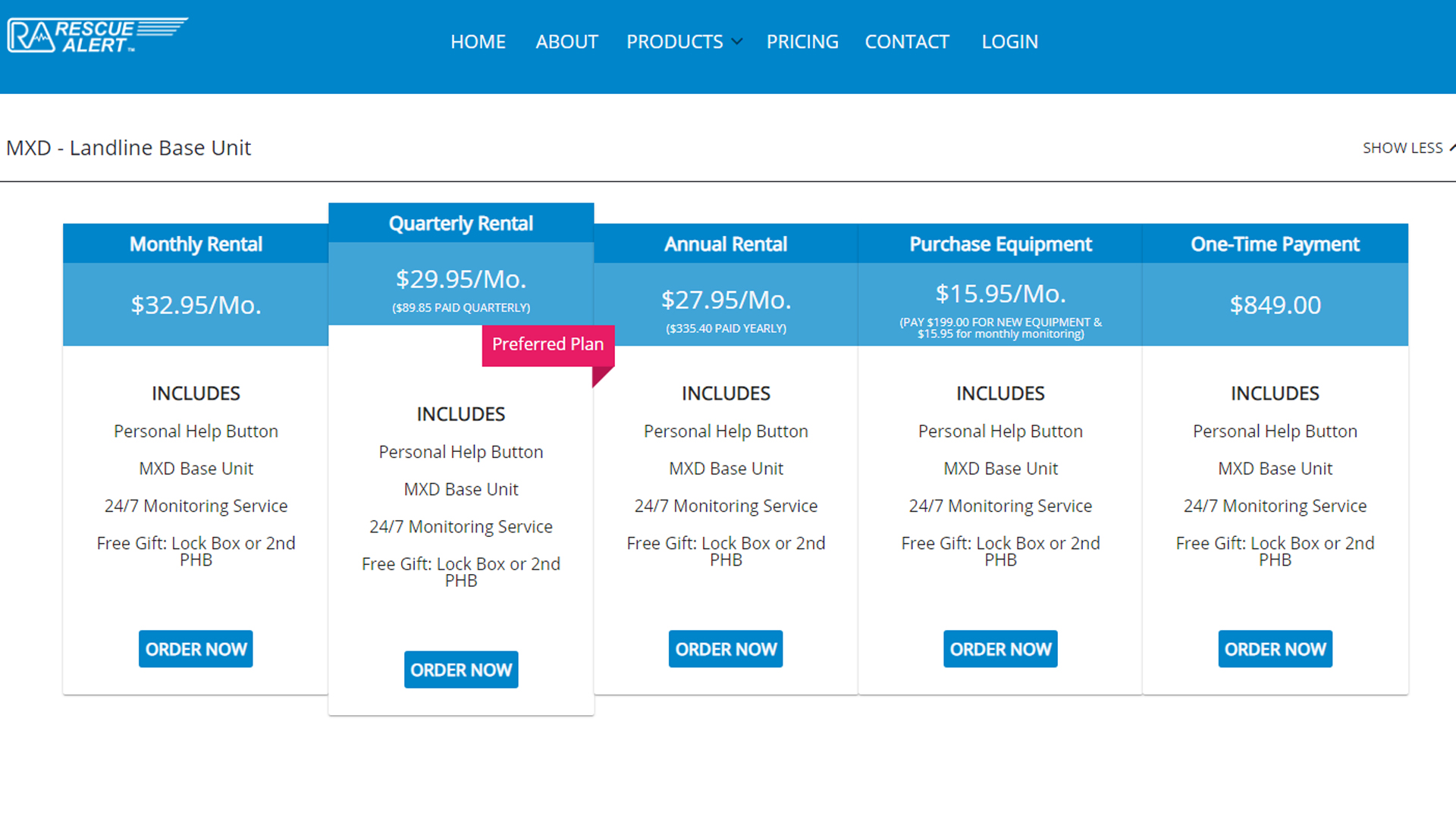
Our customer service interactions have been remarkably positive. In our conversations with representatives, we appreciate the absence of sales pressure, which is uncommon. Representatives are consistently skilled at addressing our questions and never appear evasive. Furthermore, the return policy follows industry standards and is straightforward to navigate.
Rescue Alert: Final verdict
Among the most well-liked home medical alert systems on the market since 2011, the MXD by Rescue Alert has received a lot of praise. Despite being the loudest medical alert system available, the sound can occasionally become distorted, compromising communication quality. The pendant has a great range, but the fall detection pendant did not meet our expectations.
We were not satisfied with the emergency call center's call quality or response time. Many other services provide quicker responses, so we believe that the call response time, which averaged about a minute, is below average. The operators also lacked the soothing demeanor required to give elderly people the confidence to call when it matters. Overall, given these issues, we recommend users to consider other options in the medical alert category.
We've featured the best medical alert with GPS tracking, and the best medical alert smartwatch.
Jonas P. DeMuro is a freelance reviewer covering wireless networking hardware.
